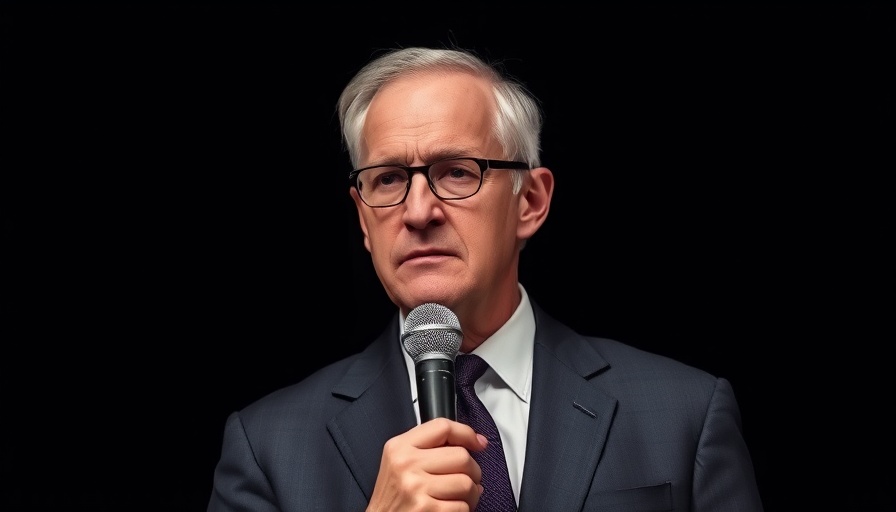
Medical Professionals Push Back Over RFK Jr.'s Nomination
The nomination of Robert F. Kennedy Jr. as Secretary of Health and Human Services has stirred significant concern within the healthcare community. More than 15,000 doctors have expressed opposition, signing a letter that denounces his appointment. The letter, initiated by the Committee to Protect Health Care, underscores the need for leadership committed to science and evidence-based medicine, warning that Kennedy's controversial views are incompatible with legitimate medical practice.
Historical Concerns: RFK Jr.'s Stance on Health Issues
This controversy isn't new; RFK Jr. has consistently drawn criticism for his stance on health issues, particularly regarding vaccines and mental health. His unsubstantiated claims linking vaccines to autism and antidepressants to school shootings have been widely discredited by the medical community. This historical context adds depth to the current debate and highlights why many view his potential leadership as precarious for public health.
Why Kennedy’s Leadership Matters to Concierge Medical Practitioners
For concierge medical practitioners focused on providing comprehensive and patient-centered care, Kennedy's appointment has raised alarms about future policy impacts. Leaders in concierge medicine emphasize the importance of trustworthy health guidance and evidence-driven practices. Kennedy's appointment could potentially influence public trust and regulatory frameworks that affect everyday clinical operations.
Future Implications for Medical Practices
If confirmed, RFK Jr.'s role could shape the future landscape of healthcare regulations and influence patient care standards. This situation presents an opportunity for practitioners to advocate for science-based healthcare and maintain their commitment to personalized patient connections amidst broader systemic changes.
Counterarguments and Diverse Perspectives
While many oppose Kennedy's nomination due to his controversial views, some argue that diverse opinions could spur innovation and discussion within healthcare leadership. However, such perspectives are often overshadowed by the potential risks his appointment poses to public health safety and the integrity of medical guidelines.
 Add Row
Add Row  Add
Add 






Write A Comment